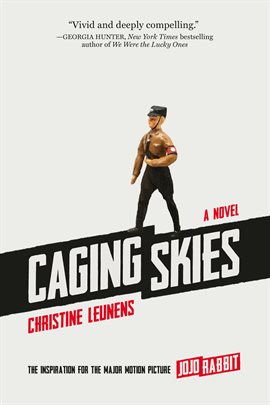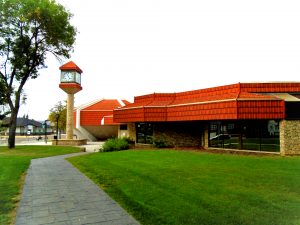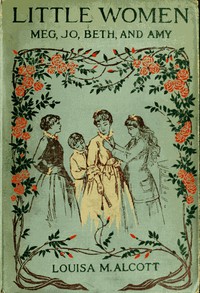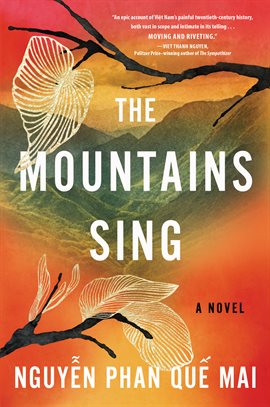Spring is here! Good things are in the works as we are able to do more things outdoors.With longer days ahead, here is a new selection for our online bookclub .
Our new selection is Caging Skies by Christine Leunens.

An zealous member of the Hitler Youth in 1940s Vienna, Johannes Betzler finds out his parents are hiding a Jewish girl named Elsa behind a false wall in their home. His initial horror turns to interest-then love and obsession. After his parents vanish, Johannes is the only one aware of Elsa’s presence in the house and he alone is responsible for her fate. Drawing strength from his daydreams about Hitler, Johannes plans for the end of the war and what it might mean for him and Elsa.
The inspiration for the major film Jojo Rabbit by Taika Waititi, Caging Skies, sold in over twenty countries, is a work of rare power; an elaborate and storytelling achievement. Stunning, blackly comic, and written in Christine Leunens’s gorgeous, muscular prose, this novel, her U.S. debut, is singular and enduring.
Copies are available through your Hoopla account.
Christine Leunens-author biography
Christine Leunens was born in Hartford, Connecticut to an Italian mother and a Belgian father. As a teenager she moved to Paris, where she had a close relationship with her grand-father, Guillaume Leunens, the Flemish painter and sculptor. She funded her study and early writing by modelling in Europe, becoming the face of Givenchy, Paco Rabanne, Nina Ricci, Pierre Balmain and Sonia Rykiel, acting in TV ads such as Mercedes Benz, Suzuki and House of Fraser. She went on to earn a Master of Liberal Arts in English and American Literature and Language from Harvard University in 2005, and a PhD at Victoria University of Wellington in 2012.
Her debut novel, Primordial Soup, published in the UK in 1999, was a critical success, receiving praise in The Times, The Sunday Times, The Independent, and Publishers Weekly.
Since its first publication in 2004, Caging Skies has become an international bestseller, translated into over twenty languages. In 2007 the French translation was nominated for the Prix Médicis Étranger and the Prix du Roman FNAC.
A Can of Sunshine was selected as ‘Best Books of the Year 2013’ in English worldwide by the NZ Herald.
Over time, Caging Skies was adapted to stage and film. The play adaptation, written by Desirée Gezentzvey and directed by Andrew Foster, had its world premiere at the Circa Theatre, Wellington in 2017. Taika Waititi’s film adaptation, Jojo Rabbit, won the People’s Choice Award at the 2019 Toronto International Film Festival, was nominated in 2020 for two Golden Globes, six Baftas, and six Oscars, including Best Film. It won the WGA Award, the BAFTA Award as well as the Oscar for Best Adapted Screenplay. It also won the Humanitas Prize for writing intended to promote human dignity, meaning and freedom. Both the film and the book were nominated for the USC Scripter Award 2020 and won AFI Awards for their contribution to America’s Cultural Legacy.
Christine currently lives with her family in New Zealand and has just completed a historical Franco-New Zealand novel.
- As Hitler increasingly becomes Johannes’ father figure, how does this affect his relationship with his own father? And his mother?
- Caging Skies explores individual versus collective responsibility. At what moment do you feel Johannes is fully responsible for his own actions? As a child? A teen? An adult?
- What laws, acts, lies and terminology compel Johannes to both fear and hate Jews? Does his evolving relationship with Elsa change his views? Or does he only think of her as an exception?
- Pimmichen, Johannes’ grandmother, still lives in another world, longing for the former glory of the Austro-Hungarian Empire. By being clueless to what is going on around her, she brings an element of comedy to the story. Does not knowing about Elsa exonerate her from her individual responsibility? In other words, does not knowing exempt her in terms of guilt? How does this apply to the Germans who didn’t know what was happening at concentration camps, or didn’t want to know?
- The title ‘Caging Skies’ resonated with me in an abstract, metaphorical way. First, the war situation, then Johannes himself cages Elsa in for several years; and though she is never allowed to leave the house, her mind regularly wanders out of it. A mind, like the sky, cannot be caged. On the other hand, Johannes, though he is free to come and go as he pleases, has had something beautiful and innocent in him, also once like the sky, caged in by his childhood indoctrination. There is an important scene in the book, where Johannes and Elsa argue about whether a bird is protected or kept captive in a cage, each offering different views on the meaning of love, life and freedom. How does this scene add to the meaning of the title?
- The book often contrasts the imaginative world with reality. How do Elsa’s and Johannes’ respective imaginations vivify each’s own life? How do they at the same time torment each of them? Is the world of the imagination in some way real?
- At what point does Elsa suspect the truth? Why would she go along with the lie? What are the complex feelings and reasons that keep her in?
It definitely was a different take on relationships and the symbolism with a “cage” . Very thought provoking. What are your thoughts?






